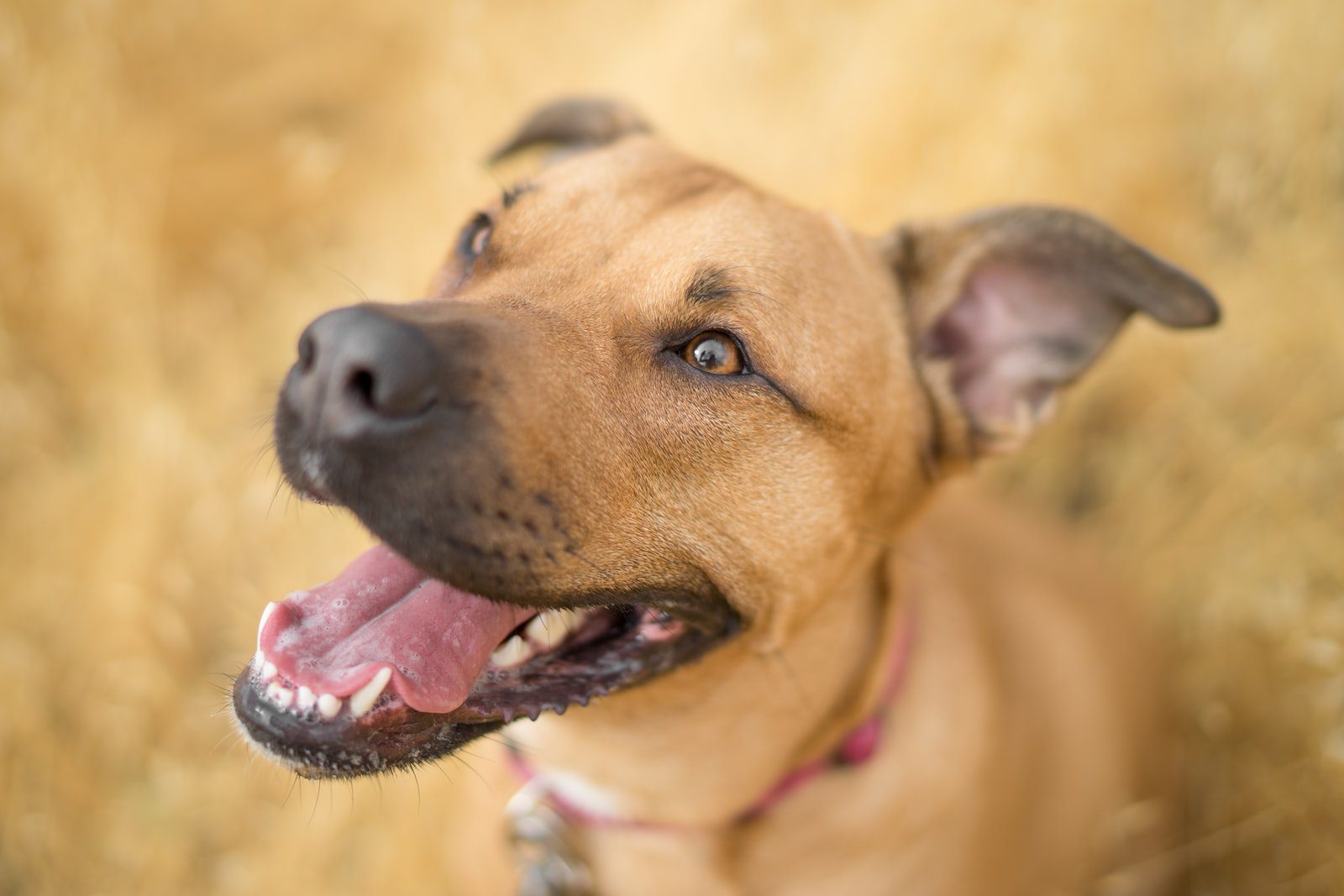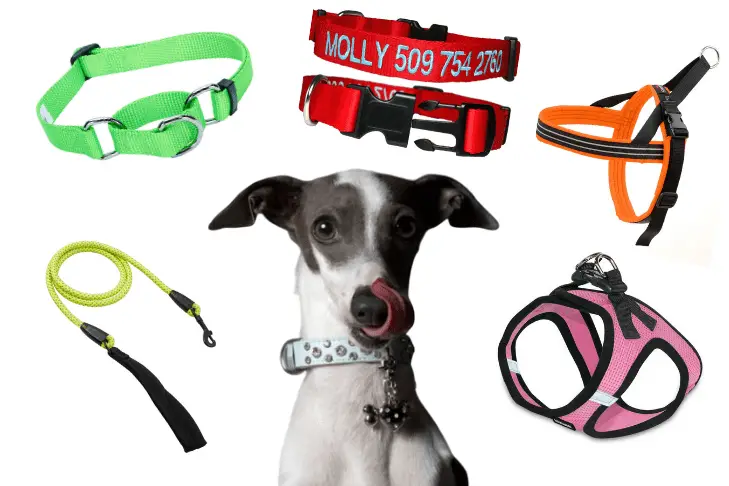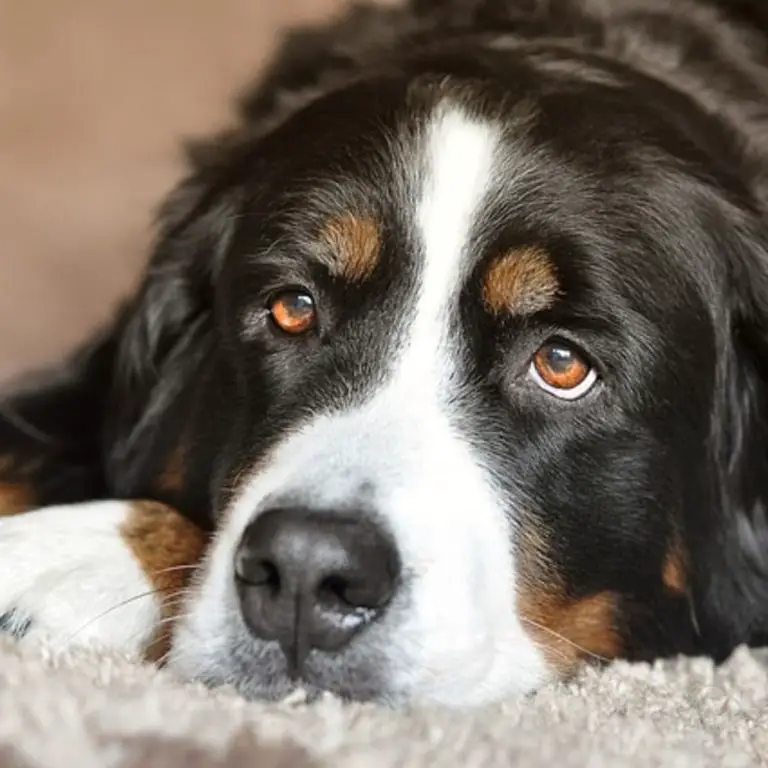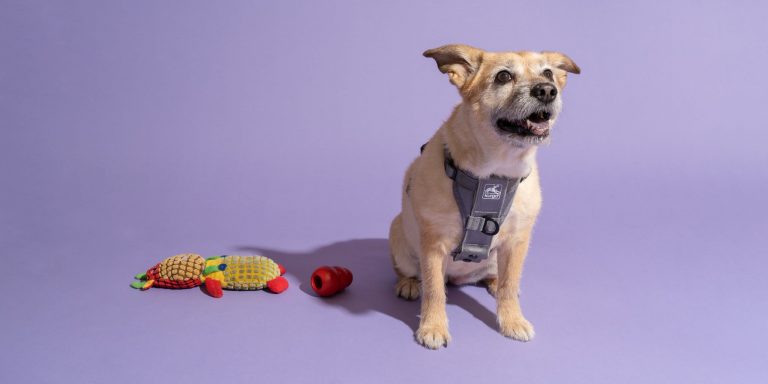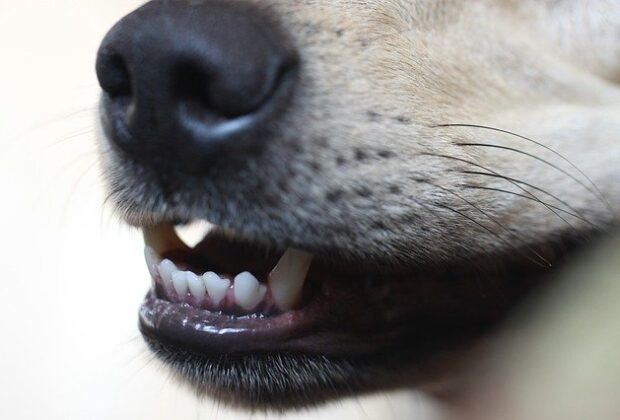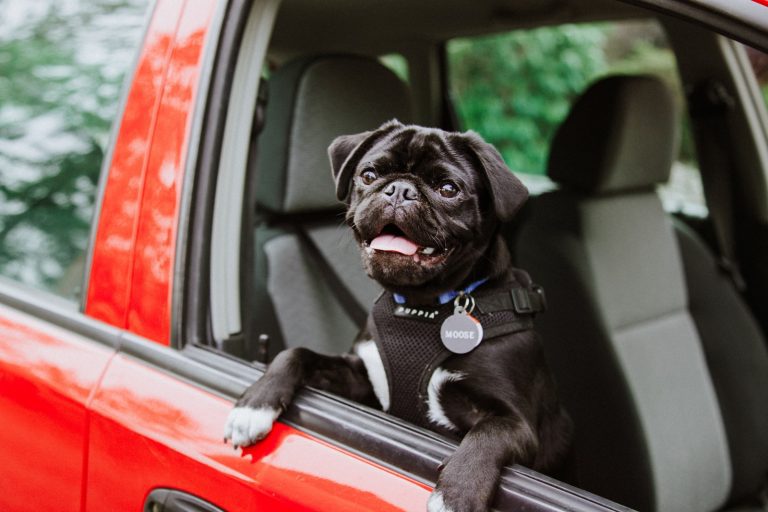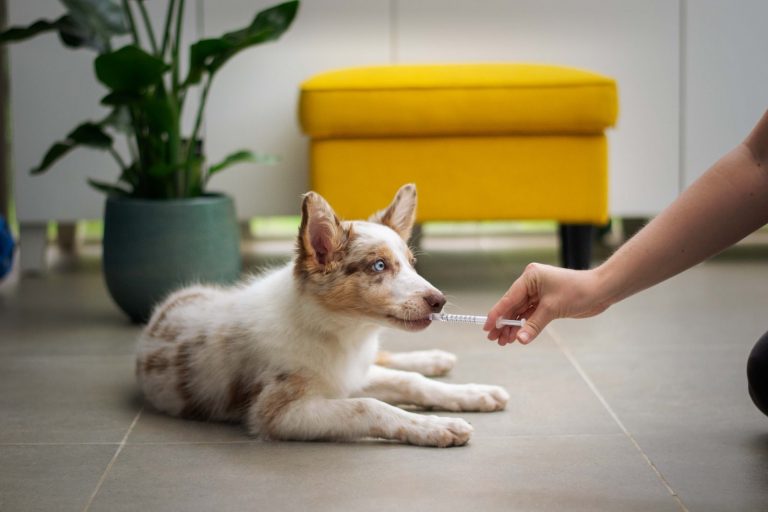Have you ever been one of those people who’ve wondered, why does my dog’s bottom jaw chatter? If you have, you’re not alone.
If you own a dog, you’re probably used to dealing with all the strange problems that come up every once in a while. When you’re a responsible dog parent, you’ll be careful to make a note of all the different kinds of behavior your dog has.
Since dogs can’t speak for themselves, it’s essential not to ignore anything they do that is out of the ordinary. It could lead to more complications in the future that you could have avoided.
Whenever something unusual happens, you’ll either get it checked by a vet or find a solution on your own. However, if something happens for the first that and you’re not experienced, it’s better to get a vet to look at it in case it isn’t something that can be caught by the untrained eye.
While teeth chattering may end up being a harmless habit, the possibility that it could be dangerous is enough to make you worried about your pup’s well being.
You might have felt that your dog is uncomfortable when his teeth chatter and getting worried that he’s in pain. Sometimes, you might not even catch the chattering until you pay close attention, because it can be very light and difficult to hear unless you make a deliberate effort.
There are different reasons why his teeth might be chattering, like health concerns or merely a behavioral issue. Follow along to learn more about whether or not you should be concerned about your dog’s teeth chattering.
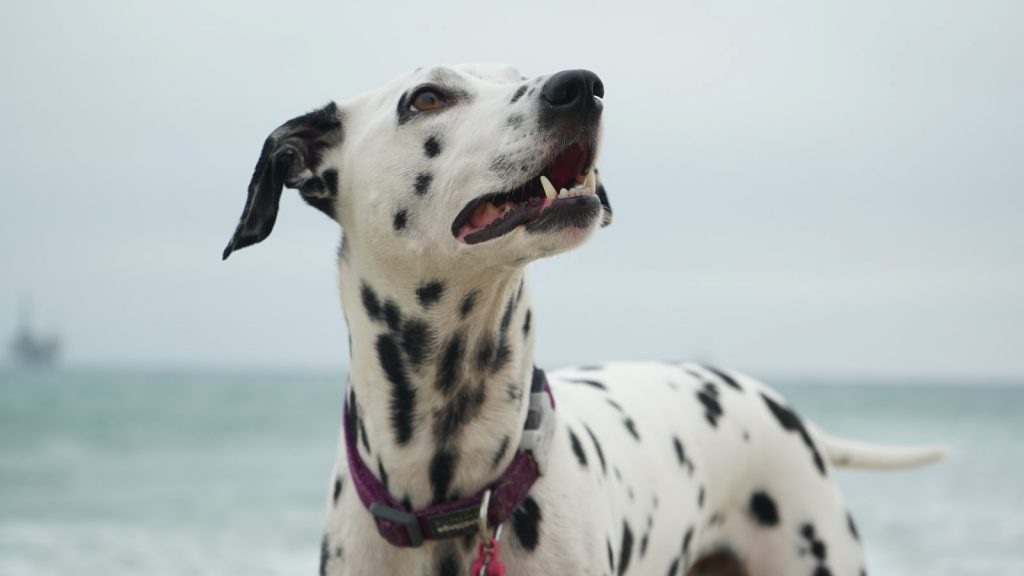
What Are Medical Causes of Bottom Jaw Chattering in Dogs?
Although it isn’t as common for your dog’s teeth to be chattering because of a medical problem, there are chances that the reason this behavior is happening is that your dog has an underlying health issue that you haven’t been able to put the finger on yet.
If none of the behavioral reasons for teeth-chattering make sense to you, then there may be medical issues that you need to get taken care of immediately.
Out of all the conditions that cause teeth chattering, advanced periodontal disease is the most occurring one. It is excruciating for your dog because it is a form of gum disease in which bacteria grow in the spaces between the gums and the teeth.
This causes a lot of hygiene issues like bad breath as well, but most significantly, it damages the bones, teeth, and the tissue of the mouth. It’s very discomforting, and you must get your dog treated if you see signs of teeth chattering.
If you see that your dog’s teeth are chattering, it can be because he is trying to cover up for the fact that he’s in pain. The pain may be unbearable for him. So, his teeth chatter from the pressure of it. This is why you need to take note even if you see it happen only once, without any external cause.
To avoid your dog getting sick with this disease, you should have his gums checked regularly. It should be a part of regular grooming you do for him, like brushing his fur or bathing him. If you can catch it early, it won’t be as challenging to deal with than in later stages.
You should begin by examining his lower gums first because that is where the disease usually starts from. However, you should try to examine his whole mouth and report to a vet if you notice any changes or signs of trouble.
Here is a video on how a dog named Turk was diagnosed with Eosinophilic Granuloma and how the dog recovered after treatment.
Epilepsy is more common in dogs than it is in humans. Dogs can get epilepsy from issues like tumors or allergic reactions. When your dog has epilepsy, his entire body will experience fits. The fits make his teeth chatter, along with drool and foam coming out of his mouth.
If you see your dog’s whole body shaking and his teeth chattering uncontrollably, paired with a large amount of drooling, you need to get him checked by a vet immediately.
Not only will the vet be able to give you an idea of whether the fits are from epilepsy, they’ll also be able to tell you whether they’re from a more serious underlying condition that needs to be examined in more detail.
This disorder is also called the shaker syndrome, where your dog’s whole body will shiver. You’ll see that this problem also comes hand in hand with problems in balancing. If you have a Cocker Spaniel, Maltese, or a Bichon Frise, your dog is more likely to be affected by this condition.
Although there is no way to make this problem go away entirely, you must take your dog to the vet so they can offer him treatment. They’ll prescribe your dog medicines or teach you techniques that will help him control the shivering more. If the treatment goes well, the chattering can also go away completely, as well.
In this condition, only your dog’s jaw is targeted. Since it only happens for a short period, it is quite possible that you don’t even catch it. Your dog’s jaw will clench, and this causes it to chatter.
However, this condition often isn’t considered dangerous. If you do suspect that your dog has this problem, you should get him checked by a vet who can guide you better about what to do to manage the problem.
It can also be an indication of a more severe problem, so not taking your dog to the vet because it only happened once is not a great idea.
Just like any other thing, living or dead, on this planet, being old can make your dog be less in control of his bodily movements. If your dog’s teeth are chattering from old age, you won’t see any other signs accompanying the chattering.
The exact age this begins to happen depends on the health of your dog and his breed. In some dogs, it may not happen at all. If you suspect that your dog’s teeth are chattering because of old age, then you should first get it checked by a vet to make sure that it is indeed because of that only. The last thing you want to do is neglect the problem and find out when it’s too late that it was something dire.
Older dogs don’t handle treatments and medicines as well as younger ones, so it’s better to find out as soon as you can if it’s something you can need to take more drastic measures for.
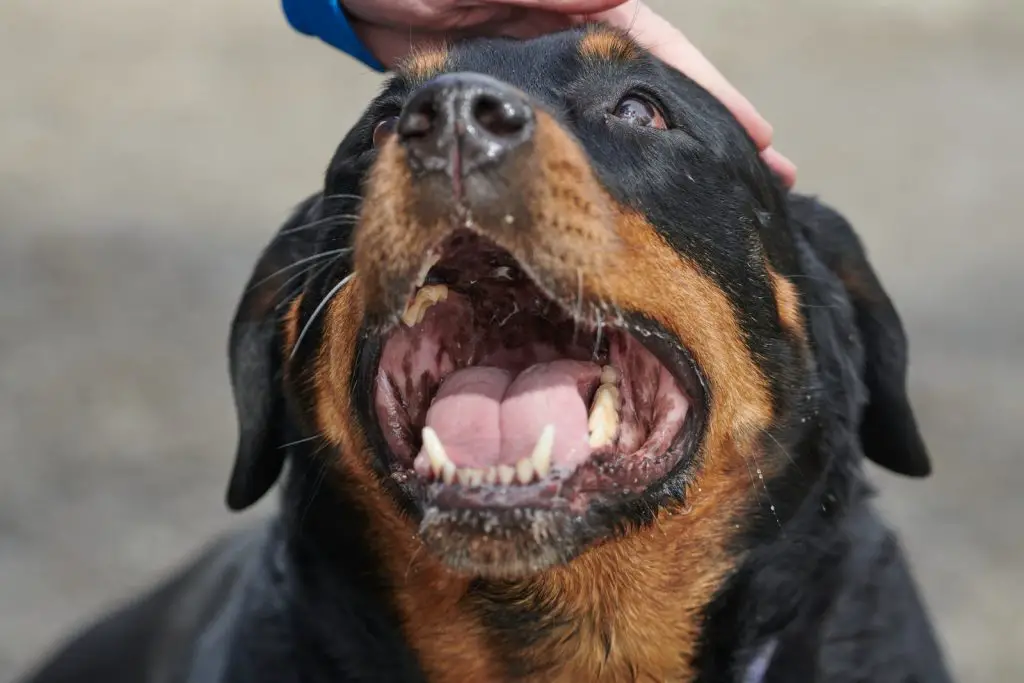
What Are Behavioral Causes of Bottom Jaw Chattering in Dogs?
Have you ever anxiously clenched and unclenched your jaws when you were distracted by something? Sometimes, dogs can have reactions similar to ours when they’re going through emotional changes as well. Since dogs are incredibly receptive to emotions, they’re likely to get affected by any environmental changes or alterations in people’s behavior that you may not even have noticed.
If your dog is excited about something, it’s common for him to start chattering his teeth to express his happiness. If you notice that this usually happens when you come home after a long day or a night away from your dog, it’s most likely to be excitement. He’s happy that you’re back, and he is impulsively chattering his teeth without realizing it.
If this regularly only happens when he’s seeing someone after a long time, you can conclude that it is out of happiness and a burst of emotions. Here is a video of a dog named Penny chattering its jaw from excitement.
Another happy occasion that causes teeth chattering is playtime. When your dog is very excited to be playing with you or another pet, he sometimes can’t find any other way to convey himself to you apart from chattering his teeth. If he recently got a new toy that he adores, you might notice that his teeth start to chatter whenever he begins to play with it.
In such circumstances, you don’t have to be worried. Teeth chattering because of a positive environment or experience is nothing to get worked up over because this is just your dog’s way of sharing his joy with you.
Sometimes, your dog might unknowingly be chattering his teeth from anxiety. He could be in pain, which is causing him discomfort, or something might be worrying him. If you notice that your dog is chattering his teeth but don’t see any external reasons for him doing so, then you need to examine him to see if there is an issue that isn’t as easy to be seen.
One of these reasons could be stress from trying to tolerate pain. He could be dealing with a stomachache and not have any way of communicating it with you. Try seeing whether you can pinpoint the root of the pain, or visit a vet to get your dog checked,
When dogs are emotionally distressed, they can start chattering their teeth. For example, if your dog is angry or frustrated, he might try to expel the negativity through chattering his teeth. Just like we need an outlet to get rid of our negative emotions, if you understand that this is the reason your dog is chattering his teeth, then there is nothing to be concerned about.
If your dog is in a new environment that’s very different for him, or if he’s around someone new that he isn’t used to yet, he could be chattering his teeth from nervousness. If you leave him around a new pet for the first time, you might notice that his teeth chatter. This could be because he’s intimidated or trying to understand how he should feel about the stranger.
Dogs are easily excitable, and one of the major causes of dogs getting excited is smelling or tasting something new. A lot of new pet owners see that their dogs start chattering their teeth when they begin eating fresh food or smell a unique scent that they’ve never been exposed to before.
In such cases, your dog is just having a sudden reaction to a stimulus that he can’t control. It’s not necessary that he liked what he tasted or smelled, but the reaction is instantaneous. For example, if he tastes something that he is repulsed by, his teeth will start chattering. Similarly, if he tastes or smells something that he likes, his teeth will chatter from the pleasant surprise.
If you’ve ever wondered, ‘why does my dog’s bottom jaw chatter when he’s smelling the flowers in the garden?’ then this is your answer. He’s probably just overjoyed by the different scents he is experiencing and can’t express his appreciation in any other way.
Another instance of teeth chattering is when a male dog smells a female dog in heat. They can be overwhelmed with excitement, and that will trigger a teeth-chattering response. Regardless of the situation, if your dog’s teeth are chattering in response to smell or the taste of something new, you don’t have to be worried.
When your dog is trying to communicate with another dog, he might start chattering his teeth. If he feels like another dog is threatening him, chattering his teeth to deal with, that is a typical response. This kind of communication is called displacement language, and it is used by dogs to protect themselves from someone or something they feel threatened by.
When your dog is feeling vulnerable because of another dog, he might chatter his teeth to distract the other dog from his presence. Because of the subtle noise of the chattering, the other dog may start thinking more about where the sound is coming from and not about the dog is about to attack.
It helps your dog stay calm and composed in a threatening situation because they’re only focusing on getting the other dog to move their attention away from them. You might not understand why this type of communication works, but for dogs, this is a typical response when they’re feeling unsafe.
If your dog chatters his teeth along with spinning around in circles and licking his face, you can conclude that he is probably feeling threatened by something.
One of the most obvious reasons why your dog’s teeth are chattering could be because he’s cold. If he’s outside in the cold for too long or his bed is also close to the window, his teeth might chatter. When your dog shivers, it is because he’s trying to keep himself warm. This is accompanied by teeth chattering, which kick-starts the heating up process.
If you suspect that your dog’s teeth are chattering from the cold, put his bed in a warmer place or buy him a dog-sized sweater. It’s also possible that he has a cold or an illness that is stopping him from generating his body heat, so if the shivering and chattering go on for too long, then you need to take him to a vet.
The following video sums up the multiple reasons behind a dog’s bottom jaw chattering.
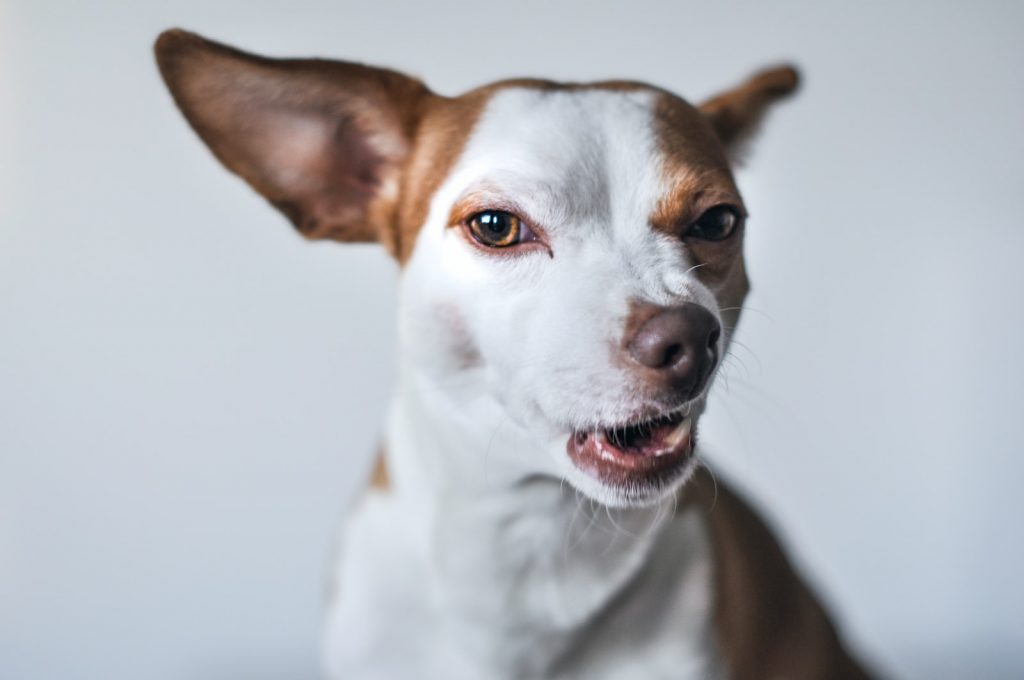
Conclusion
Hopefully, if you’re one of the dog owners that have spent hours trying to answer the question ‘why does my dog’s bottom jaw chatter?’ then you will have found your answer.
You might not always need to make a medical intervention if your dog’s teeth chatter, but you should eliminate the causes with the help of a vet to make sure there isn’t something you aren’t able to detect. There are a variety of reasons why our dogs do the things they do, and it is our job to understand what they are trying to communicate with us.
Dogs can often try to hide their pain if they’ve been hurt by something. If your dog has a stomachache or a headache, he might not tell you, and his teeth will impulsively chatter while he tries to tolerate the pain. In cases like these, it is up to you to place a finger on the issues and resolve them.
If you feel like the reason your dog’s jaw chatters is because of a behavioral reason, then there is nothing to be worried about. If it’s a situation that makes him anxious, however, you should try to resolve it because it is causing obvious distress for your dog.
The best plan of action to take is to get a vet to examine your dog to see whether the chattering is a cause for concern or not. Sometimes, we dismiss the issue as something insignificant, because we don’t expect a severe condition to happen to our beloved pets.
But, it is always smarter to find out now rather than later if there is something that could seriously be harming your dog, like a tumor or a nervous condition.

